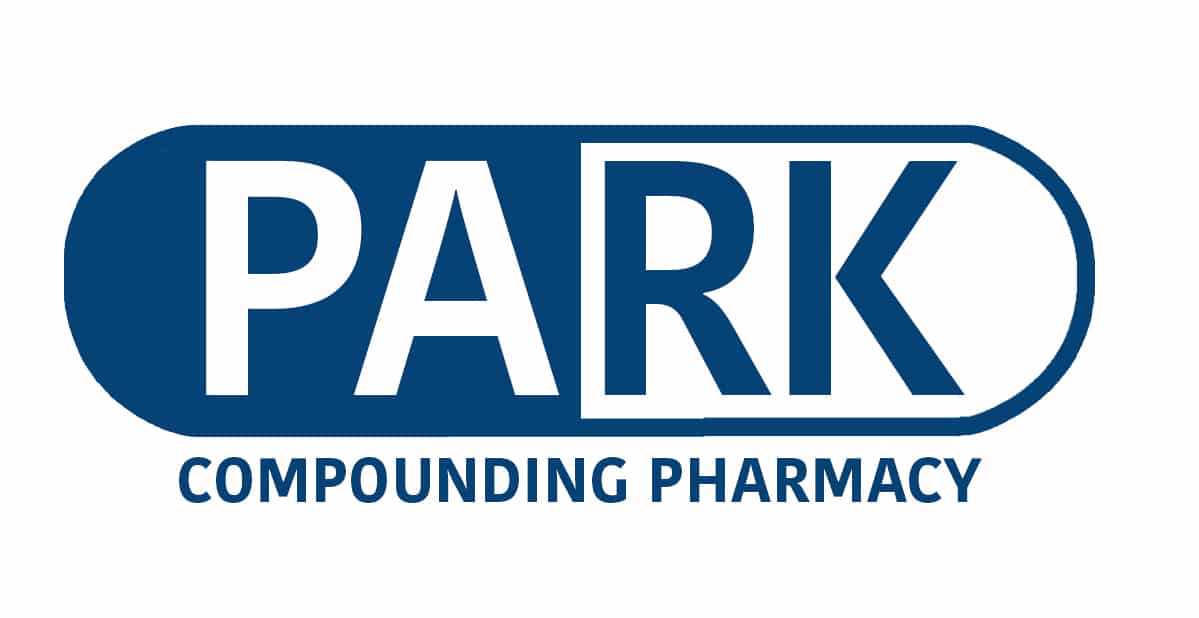Mast cell activation syndrome (MCAS) and mastocytosis are two conditions that affect how mast cells function. There is no cure for these conditions and in most cases they are present because of a genetic predisposition. Treatments focus on improving the dermatological, gastrointestinal, respiratory, and other symptoms that result from overproduction of certain chemical mediators. Antihistamines are one of the most frequently used types of medications for managing these symptoms. The preferred antihistamine for MCAS and mastocytosis is often ketotifen due to its mast cells stabilizing properties.
What are MCAS and Mastocytosis?
MCAS – also called MCAD (mast cell activation disorder): With MCAS there is an excessive release of chemical mediators by mast cells that can lead to chronic health problems. There is not an overproduction of mast cells as there is with mastocytosis. Instead, individuals with MCAS have mast cells that are overactive.
Mastocytosis is a condition that causes abnormal accumulation of mast cells in the skin and internal organs that can include the gastrointestinal tract, respiratory system, and reproductive organs. For children, mastocytosis is usually not serious and the accumulation of mast cells is only in the skin. For adults, however, the condition tends to be noticeable in the bone marrow. There is no therapy that will cure mastocytosis but there are treatments that can effectively reduce symptoms.
Both MCAS and mastocytosis have a similar effect, which is overproduction of chemical mediators. These chemical mediators have vasodilatory, nociceptive, and inflammatory properties. With MCAS there is a normal amount of mast cells that are overproducing these mediators. With mastocystosis there is an above normal amount of mast cells, which leads to an overproduction of the same chemical mediators. The exact cause of these conditions is not known but likely their development is influenced by genetic factors, since a similar gene mutation is found in many cases.
Symptoms of MCAS and Mastocytosis
Symptoms of mast cell conditions may include:
- Itching
- Flushed or pale skin
- Nausea, diarrhea
- Congestion
- Wheezing, coughing
- Increased heart rate
- Light-headedness
- Headache
- Fatigue
- Osteoporosis
Triggers for MCAS and Mastocytosis
Symptoms of MCAS and mastocytosis can be triggered by a variety of sources including stimuli like heat, cold, chemicals, scents, and bacteria as well as by factors like stress and certain medications. Some ingredients that are in commercial medications like soy and gluten may trigger symptoms. A medication can be made by our compounding pharmacy with certain ingredients removed that may cause a flare-up of symptoms.
Ketotifen for Treating Mast Cell Conditions
Treatment with anti-histamines helps reduce symptoms of MCAS and mastocytosis. Antihistamines inhibit the inflammatory response that causes overproduction of chemical mediators. Ketotifen is a first-generation H1 antihistamine that is particularly useful for treating mast cell conditions because it also acts as a mast cell stabilizer. It has been used for many years to treat allergic conditions and to prevent asthma attacks. Studies have shown that ketotifen inhibits exocytosis in mast cells and can be effective at low doses of 1mg. It is also able to treat some symptoms that other anti-histamines do not like bone pain.
How to Get Ketotifen Capsules
Ketotifen is sold under multiple brand names in other countries. One of the more popular brand names is Zaditen. In the U.S., ketotifen is available in a solution indicated for ophthalmic use called Zaditor, but there is no commercially available capsule form of the medication. Ketotifen capsules must be obtained from a compounding pharmacy with a prescription in the United States. At our pharmacy we compound ketotifen in 0.5mg, 1mg, and 2mg capsules. The most common prescription we see for adults and older children is 1mg taken twice daily and for children 0.5mg twice daily. We are able to ship ketotifen capsules to most states with a prescription.







